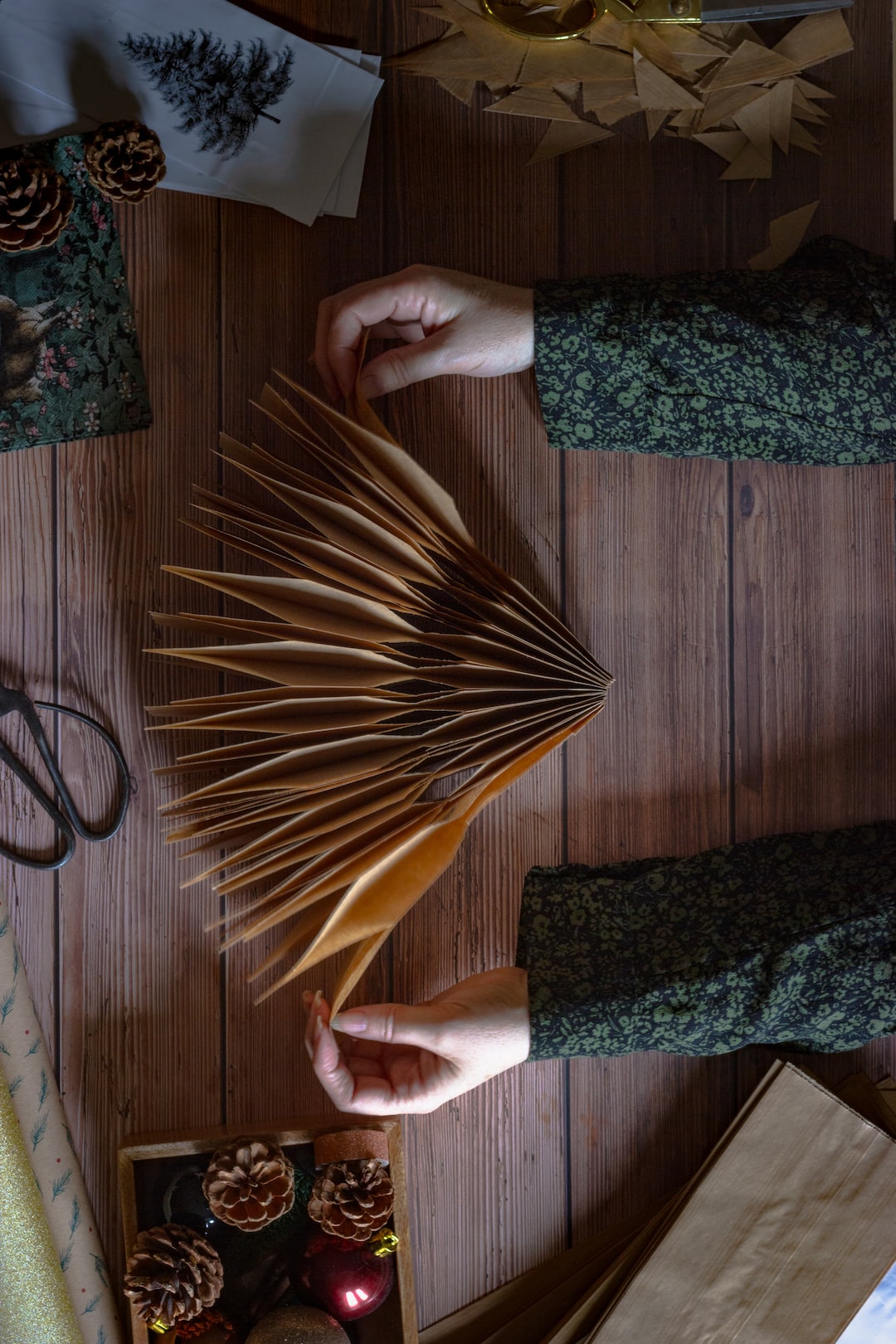From Blank Canvas to Masterpiece: Introduction to Acrylic Painting
Art is a form of self-expression that knows no boundaries. It allows us to communicate our deepest emotions, thoughts, and ideas through various mediums. One such medium is acrylic painting, which has gained immense popularity in recent years due to its versatility and ease of use. Whether you are an aspiring artist looking to try your hand at painting or a seasoned painter wanting to explore a new medium, acrylic painting offers endless possibilities.
If you are just beginning your journey into the world of acrylic painting, it can be both exciting and overwhelming. With so many techniques, tools, and styles to explore, it’s easy to feel lost. However, fear not! This blog post aims to guide you through the basics of acrylic painting, from setting up your workspace to creating your first masterpiece.
Setting up Your Workspace
Before diving into the world of acrylic painting, it is essential to set up a suitable workspace. Find a well-lit area where you can comfortably work for long periods. Ensure that you have a sturdy table or easel to work on and protect it with a covering, such as a plastic tablecloth or newspaper, to prevent any accidental spills or marks.
Gather Your Supplies
Acrylic painting requires specific tools and materials, but don’t worry; you don’t need to break the bank to get started. Here’s a list of essential supplies you’ll need:
1. Acrylic paints: Start with a basic set of primary colors (red, blue, and yellow) along with white and black. These primary colors can be mixed together to create a wide variety of shades and tones.
2. Brushes: Invest in a range of brush sizes, including round brushes for detail work and flat brushes for broader strokes. Synthetic brushes are a good choice for acrylic painting.
3. Canvas: Acrylic paints work well on canvas, but you can also experiment with other surfaces like paper, wood, or even glass.
4. Palette: A palette or a mixing surface is essential for blending and mixing your colors. You can use a traditional palette or even a disposable palette pad.
5. Palette knife: A palette knife is useful for mixing paint and creating texture in your artwork.
6. Water container: Acrylic paints are water-based, so having a container of water nearby will help you clean your brushes during painting.
Exploring Different Techniques
Now that you have your supplies ready, it’s time to explore the different techniques you can use with acrylic paints. Here are a few popular techniques to get you started:
1. Wet-on-wet: This technique involves applying wet paint onto wet paint, allowing the colors to blend and create soft transitions.
2. Dry brushing: In this technique, you use a dry brush with a small amount of paint to create texture and highlight specific areas of your painting.
3. Glazing: Glazing involves layering translucent paint over dry layers, creating depth and luminosity in your artwork.
4. Impasto: Impasto is a technique where thick layers of paint are applied to create texture and three-dimensional effects.
Experiment and Play
Acrylic painting offers endless possibilities for experimentation and creative expression. Don’t be afraid to make mistakes and try new things. Play with different color combinations, brush strokes, and techniques. Acrylic paints dry quickly, allowing you to build layers and make changes to your artwork easily.
Seek Inspiration
As you embark on your acrylic painting journey, it’s important to seek inspiration from other artists. Look at the works of famous painters or explore art galleries and museums. Joining art communities or attending workshops can also provide valuable guidance and support.
In conclusion, acrylic painting is an exciting and versatile medium that allows you to bring your imagination to life. By setting up a suitable workspace, gathering the necessary supplies, and exploring various techniques, you will begin your journey from a blank canvas to a masterpiece. Remember, the most important thing is to enjoy the process and let your creativity flow. So go ahead and paint your heart out!

